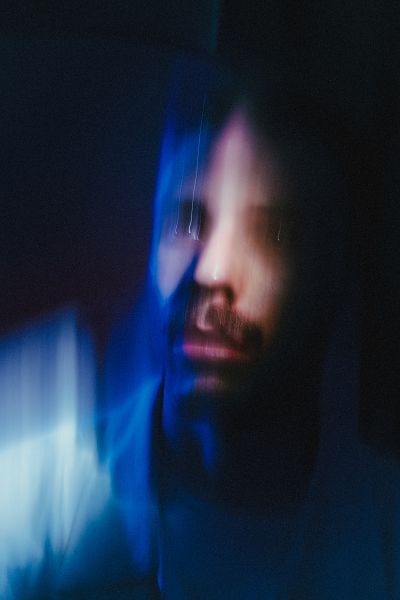
World of Wonders by Lachlan Wilde at the Melbourne Magic Festival
Click here if you liked this article 10 ![]()
https://melbournemagicfestival.com
Date Reviewed: 10/07/2025
Magic often promises the spectacular — flashy illusions, sleight of hand, gasps and laughter. But in World of Wonders, Lachlan Wilde offers something gentler, more tender. His magic is steeped in nostalgia, storytelling, and the quiet awe of a well-brewed cup of tea. Wilde invites us not into a world of mystery, but into memory — a stage built in homage to his grandfather, Ron, whose legacy lingers like steam from a kettle.
The show begins before the first trick is performed. Wilde is already seated, sipping from a mug. The stage is modestly adorned, but above all, there’s an atmosphere of intimacy. This is not the kind of magic that demands fanfare — it unfolds like a conversation with an old friend.
Wilde opens with a personal anecdote: how his grandfather taught him to fix things, to make tea, and to find joy in the impossible. “Magic,” he says, “makes all my problems disappear.” It’s a beautifully disarming way to start.
Just when you think you’ve settled into a classic card trick, Wilde shrinks the deck again and again until a card is smaller than a fingernail. Then, he transforms it into a sugar cube, sprinkling it — as if it had always been powder — into a cup of tea, like a memory vanishing in warm water.
There’s a quiet confidence in Wilde’s pacing. One of the most impressive sequences involves a map of Boston and a die in a mug. Three audience members each shake the mug with their hand over it, generating a digit to form the number 622. Another participant flips through a Boston street directory, guided by the first digit — 6 — which Wilde doubles to 12: the 12th letter of the alphabet, L. They’re then asked to find a street beginning with that letter — Longwood. The final reveal — 622 Longwood Avenue — is written on the back of a piece of paper that’s been sitting untouched onstage the entire time. It lands with a kind of stunned stillness. It’s the sort of trick that makes time bend for a moment.
But Wilde’s performance isn’t just about clever mechanics. It’s about layering those tricks with meaning. He invites us into his childhood — playing card games with siblings, performing in front of his grandfather for the first time.
One especially spellbinding moment begins with a tin of classic British biscuits — the kind his grandfather always had on hand, often with an orange tucked inside. Wilde invites an audience member to choose a card (the eight of clubs) and tear it into pieces. The scraps are placed into a napkin bag and they will disappear. Wilde explains that this was the first trick he ever felt brave enough to perform for his grandfather. When he tips the bag back out, only one small scrap falls out. A flicker of awkwardness passes — is something wrong? Is this a mistake?
Wilde explains that sometimes these things happen, reaching for a knife and the orange.
“Oh no,” says a spectator.
“Oh yes,” Wilde replies.
He slices open the orange — and inside, impossibly, is the rest of the torn eight of clubs card, perfectly folded. The fragments align like a jigsaw puzzle. It’s not just sleight of hand — it’s a metaphor made tactile. The ordinary becomes miraculous. Coincidence turns into communion.
There’s humour, too — Wilde asks an audience member to select a word from a torn piece of paper while imagining a smoke-filled room. The chosen word? “Thief.” Somehow, impossibly, it’s revealed scrawled across Wilde’s torso.
Boxes of “Ron’s Tea” are pulled from an empty paper bag — a quiet offering to someone beloved. In another moment, a broken thread is pulled back into a single line, whole again. Wilde shapes the string into a tiny heart and holds it to his chest — a poetic gesture that says more than any words could.
And then the show builds to a numerical crescendo. Random numbers called out by the audience are entered into a calculator, totalled, manipulated — and finally revealed, on Wilde’s own phone, as the exact time and date: 9/07, 7:14pm. One minute before the moment we’re living in. It’s not just impressive — it’s strangely emotional, as if time briefly folded in on itself.
At times, Wilde’s delivery can feel slightly rehearsed, his lines a little too neatly packaged. But it never detracts from the warmth he radiates, or the sincerity of his craft. If anything, that occasional stiffness underscores just how personal the material is — these aren’t just tricks he’s practiced; they’re memories shaped into magic.
World of Wonders is more than a magic show. It’s a love letter — to childhood, to family, to the small wonders that shape us. A reminder that sometimes, the most magical thing isn’t a disappearing coin or a levitating card, but a story told with heart, and a cup of tea poured in remembrance.